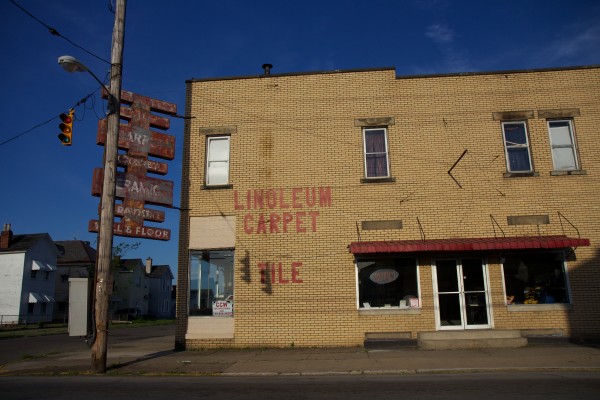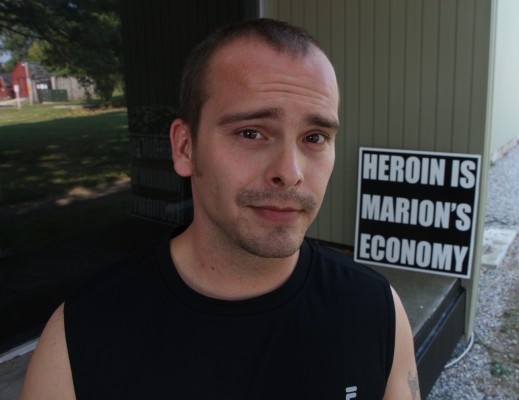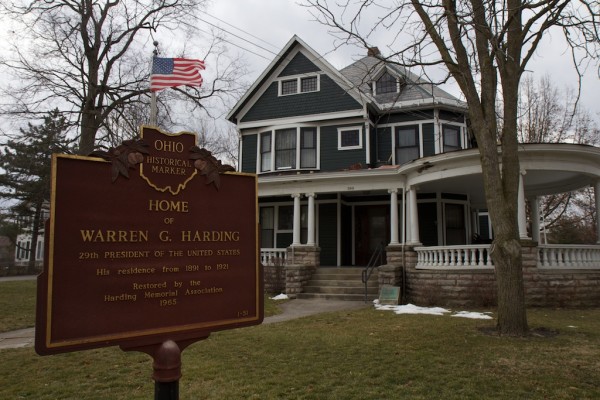I’ve been getting amazing, intense email letters in the two weeks since Dreamland was released. I hope to be adding some of them to my blog. Here’s one.
____
I almost lost my beloved 23-year-old son (he is now 26) to heroin addiction, which had progressed from OxyContin to black tar heroin. We are a family of hard working professionals in a university town.
Like most families, we cherish our kids and do everything we can to help then live an honest successful life. When this happened, my son was a pre-med college student. I was and am very close to him, and he had always been a very good 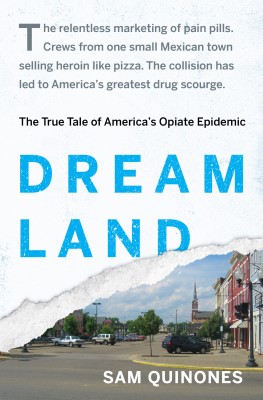 student and loving son and brother. He was kind, funny, highly gifted, devoted to music and passionate about becoming a doctor. He was also prone to depression at times.
student and loving son and brother. He was kind, funny, highly gifted, devoted to music and passionate about becoming a doctor. He was also prone to depression at times.
When I found out, he was in his 4th year of college, and getting As and Bs in hard science courses such as organic chemistry, but could not seem to manage on his college budget. He kept running out of money. He started having vague physical symptoms, like constipation, malaise and abdominal discomfort. His grades in his last year of college started to slip. At Christmas, we visited my sister’s family in Midwestern farm country. Later, my sister, bless her heart, confided in me that her Oxy pills that had been prescribed for shingles had disappeared from her medicine cabinet when we were staying with her. She was reluctant to tell me as she did not want to make anyone uncomfortable or blame anyone. I am so very grateful that she told me this.
I immediately put together that my son had stolen the pills and had a life-threatening problem. I knew it in my gut to be true beyond any doubt. Perhaps because I am a child of the 60s and knew too many friends who were lost to drug addiction: classmates who were drafted and came back from Vietnam addicted to heroin, and 2 college roommates who went to federal prison for smuggling cocaine as an airline stewardesses. We also have a family history of alcohol abuse and addiction, which my mom told me way too many times.
I freaked out! I knew that he had to be addicted to do something so desperate as steal my sister’s pills. This explained everything – his money problems, dropping grades, and vague feelings of being sick. I could not sleep for fear he would soon be dead. I confronted him in tears and said I knew he had stolen the Oxy. He of course denied it, but finally admitted he had stolen the pills. He admitted he was addicted to Oxy pills, which he had started using after being given a script for narcotic pills after a foot laceration.
I immediately called an addiction doctor I know and, in tears and panicking, offered to pay her anything if she could please help save my son. She drove in from out of town and (at a high hourly rate) met with him and helped him realize he was an addict. She personally went with him to an NA meeting (she is a former cocaine addict and involved in NA). I would have paid anything for any chance to save him.
He went to the NA meeting and started to see addiction therapists, which we paid for, but he remained in denial. He kept saying it wasn’t a big deal and he could kick the habit. He went to some NA sessions, but over the course of 18 months he relapsed 3 times, each time worse than the last. During one of the relapses, he called his father to say goodbye after injecting what he thought was a fatal suicidal dose of black tar heroin in his arm. He had started getting the heroin from a “friend” – a former college football player who had been selling him Oxy and was now selling him heroin once he could no longer afford the street price of Oxy.
His father found him in his apartment unresponsive, but he survived. He was so ashamed that he could not defeat the problem that he said he couldn’t live with the shame and did not find life worth living. We did family interventions and told him we would not give up on him and brought him to more therapists.
He almost died three more times. After the first relapse, I demanded to know his dealer’s name as I wanted to kill him. I traced his phone calls (I was paying for his cell phone) and had repetitive thoughts about killing the demon who sold him the drugs and taught him to inject heroin. I wasn’t sure how I could go on living if I lost him.
When using, he would not see me as he knew that I would know if he was using. So he moved to LA and declined rapidly. His father went to see him and told me that I should go visit him, as he would not be alive long. I did. He looked like a skeleton. He was taking Suboxone, as well as additional narcotics and probably other drugs. I kept saying that I would pay for any addiction therapy he could find, but would never give up on him and not give a penny to his habit. My life was hell.
Thank God, he found an addiction therapist in LA (a former Vietnam vet heroin addict) who he really connected with. He started seeing this therapist while still using. I got a “call” (God how we fear those calls!), but it was not that he had died. It was that he had voluntarily decided to go into “long term” drug rehab. We found an inpatient facility in Utah that the addiction specialist recommended. I knew the enslaving power of heroin addiction and how statistically unlikely it was that he would voluntarily say goodbye to heroin.
I don’t know how he had the strength, but he got on the plane, flew to the University of Utah hospital where he admitted himself into the psych unit for several days of detox. He then voluntarily admitted himself into a Utah inpatient facility for 30 days, then into 90 days sober living, and then underwent 18 more months of therapy and voluntary monitored UAs.
My son is now 35 months completely clean, and is in medical school. He keeps track of every single day he is sober. He says that every day remains hard work. BUT, he has done the work and gotten his life back. He started exercising, working and studying steadily. He took premed courses and passed grueling medical school exams.
My son is now successfully finishing his first year of medical school. He wants to be an addiction doctor and find a way to help others survive this hell.
I still worry about him every day. But we cannot talk about this, as most people do not feel comfortable with the topic. I also need to not jeopardize my son’s career. He tells some people and is doing an internship this summer at rehabilitation clinic. He was open with them when he applied for the position. He answers all questions honestly, but does not bring the topic up with others unless they are very close friends.
I have read every book about addiction that I can get my hands on, and some are excellent, such as “Beautiful Boy.” But no other book so skillfully and adeptly addresses this huge crisis like yours, nor does any other book touch me in terms of what I have lived with like your book.



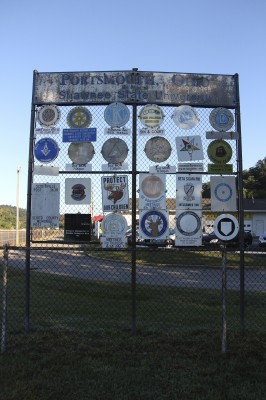
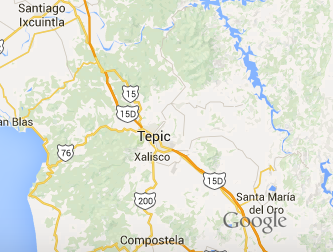
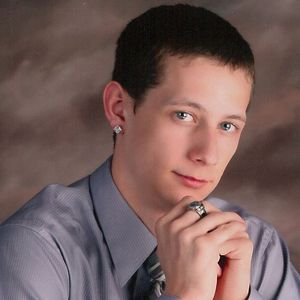
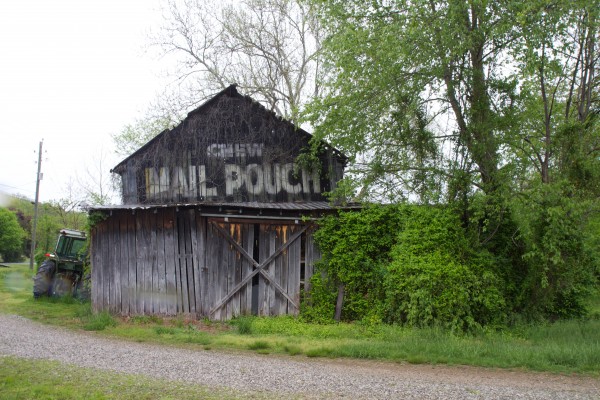 Opiate Epidemic.
Opiate Epidemic.